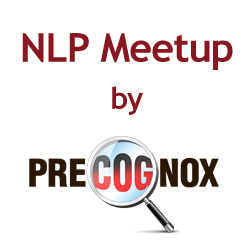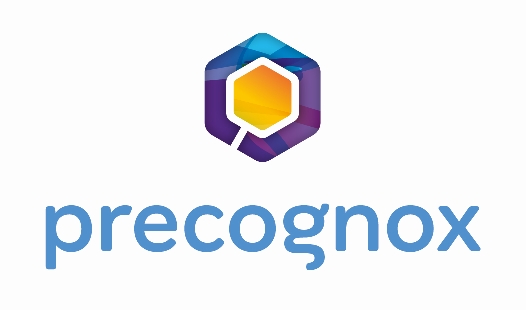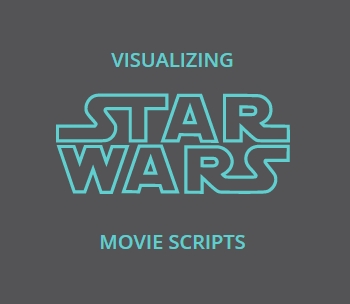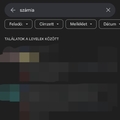Február 28-án tartjuk évadnyitó meetupunkat 18 órától a Colabs-ben (Budapest, Irányi utca 3.) A rendezvény továbbra is ingyenes, de kérünk minden kedves érdeklődőt, regisztráljon oldalunkon és részvételi szándékát jelezze (ezzel is segítve a szervezők munkáját).

A tavaszi szezonban két angol meetup kerül megrendezésre, ebből az első rögtön a februári. A következő angol meetup április 6-án lesz, ami rendhagyó módon szombati nap. Az Open Knowledge Foundation látogat meg minket az inkLink 2013 keretében és egy rövid beszélgetésre ülünk össze. Reményeink szerint itthon is szárnyra kap az open data (nyílt adatok) mozgalom! Már erre az eseményre is lehet regisztrálni a megfelelő oldalon!
Természetesen magyar meetupok is lesznek márciusban és májusban. Ezek programját is hamarosan feltöltjük.
Az e havi meetup programja:
Christophe Heintz: Web Epistemology
Social phenomena, I will argue, are made of long cognitive causal chains that span several individuals, extend in the public environment, and possibly involve cognitive tools such as ICTs. Social scientists have issued great analyses of the the new practices and communities that are created by new ICTs, but the analysis of cognitive causal chains is especially adequate for specifying the causal role of ICTs in the making of social phenomena. I will illustrate this point with three examples: the distributed selection of relevant information via search engines, some IT aspects of contemporary finance, and recent uprising fostered by social media.
Short bio:
C. Heintz is an assistant professor of cognitive science at CEU, Budapest, Hungary. He is working on cultural evolution and its cognitive bases, with analyses in the history of science and mathematics, and in economics. C. Heintz studied mathematics and philosophy at the universities of Paris and Cambridge. He obtained his PhD from the School for Advanced Studies in the Social Sciences (EHESS, Paris).Zoltán Lehóczky: Associativy
Associativy is a fully open knowledge graph platform for the web. Its components are based on the ASP.NET MVC-based Orchard CMS and they provide a toolbox for storing, searching, exploring and visualizing knowledge graphs. Graphs in Associativy store pieces of knowledge with the edges connecting them representing associative connections, in the human sense. The project's ultimate goal is to provide a system that can store knowledge similarly structured to how our mind works and what can be "asked" to "think" about associations.
Short bio
Loving technology ever since I'm a Computer Science and Engineering student at Óbuda University in Budapest. Web application development is my key skill, having been involved with PHP and ASP.NET MVC for years. I embrace open source and live it through the Orchard ASP.NET MVC-based content-management framework: I'm one of its developers, released dozens of open source modules to it and even do work with it. My interest in artificial intelligence, knowledge representation and machine learning lead me to the development of the Associativy graph platform.










